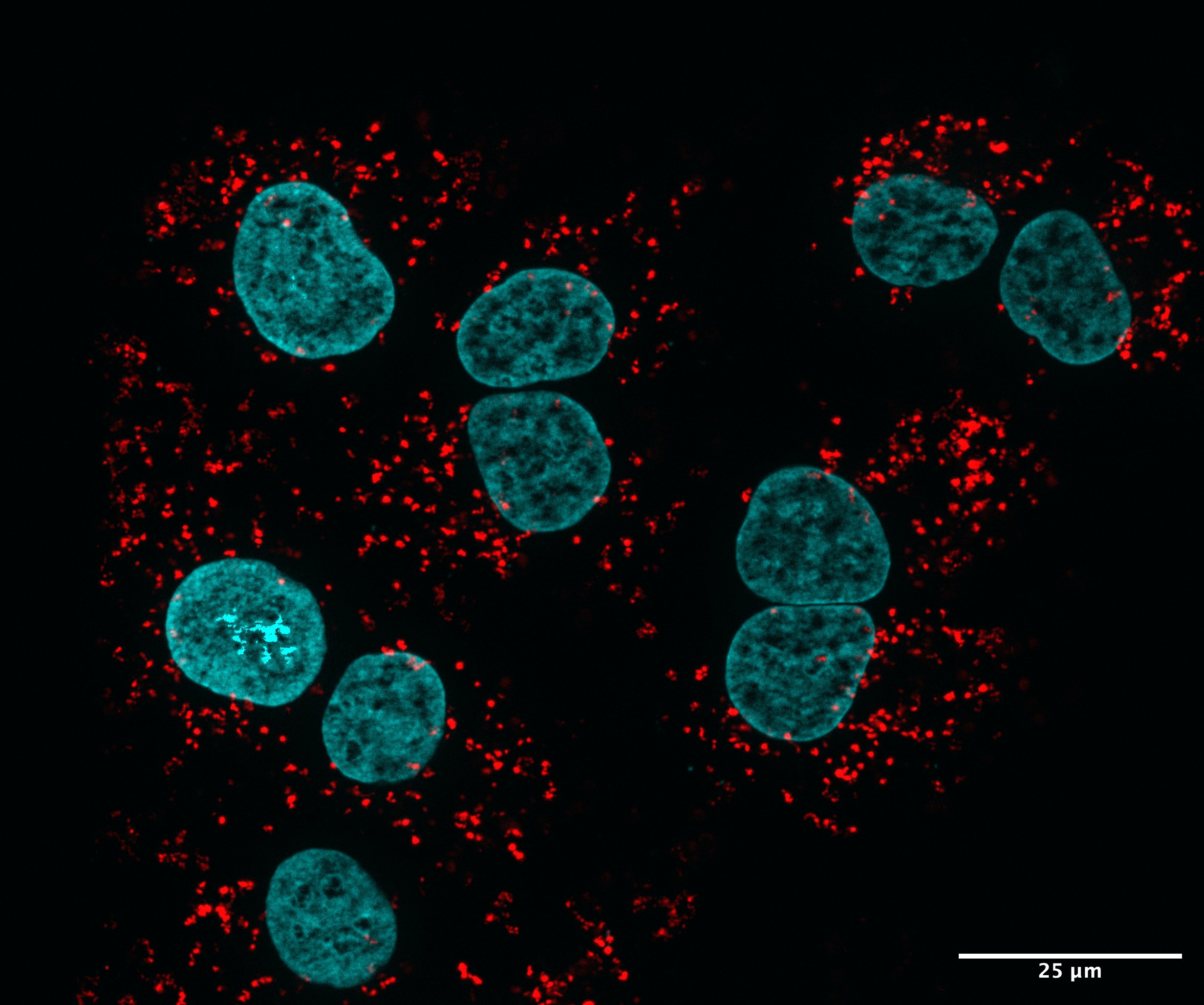Scientist Stories: Charlotte Scholtes on Unlocking ER–Mitochondria Contacts with Proteintech Antibodies
How Charlotte Scholtes, PhD used Proteintech antibodies to accelerate research into ER–mitochondria contacts and metabolic regulation.
This story is part of our series, #InTheLabWithProteintech, highlighting how Proteintech reagents support researchers in advancing their work.
Charlotte Scholtes,PhD a researcher at Laboratoire CarMeN U1060, focuses on metabolism, ER–mitochondria contacts, nuclear receptor transcriptional regulation, type 2 diabetes, and obesity. She shares how Proteintech antibodies helped her overcome technical challenges, optimize experiments, and advance her research efficiently.
How did you first come across Proteintech reagents and what made you try them?
“I first came across Proteintech reagents during my postdoctoral research at McGill University, What initially caught my attention was the availability of small 20 µL aliquots. This allowed me to test antibodies before committing to larger quantities, which was especially useful when starting new projects.
Building a reliable toolkit
"I have used several Proteintech antibodies in my work. Early in my new project, having access to small aliquots allowed me to rapidly test different antibody concentrations and optimize experiments without delays or unnecessary costs.
Thanks to Mohamad at Proteintech, I was able to get 20 µL aliquots delivered very quickly. This flexibility made it much easier to run preliminary tests and set up my in situ PLA experiments, where I tested several antibody pairs, including VAPB and PTPIP51, to detect ER–mitochondria contacts.
Before using Proteintech, one of the main difficulties I faced was the lack of flexibility when starting new projects. Testing new antibodies often required ordering large volumes, which could delay experiments and increase costs. The small aliquots and fast delivery from Proteintech really helped me accelerate the optimization process.
Can you share a specific milestone in your research that was made possible with Proteintech products?
"Thanks to the VAPB–PTPIP51 antibody pair from Proteintech, we were able to visualize and quantify the contacts between mitochondria and the endoplasmic reticulum.
This was a key step that now allows us to test many different conditions in the context of type 2 diabetes. We are currently investigating how these conditions affect ER–mitochondria contacts and, importantly, what might help restore them."
What impact did this have on your lab’s progress?
"As a young principal investigator, having access to reliable antibodies and flexible testing options has really helped me move my project forward efficiently. It allowed me to optimize experiments faster and gain confidence in my results, which is especially important when starting new research directions.
I could also count on an outstanding and responsive customer service team, always ready to help with any question, this support made a big difference for both my work and the overall progress of the lab."
If you were to recommend Proteintech products to another researcher, what would you tell them?
"I’ve already been recommending Proteintech since I joined the lab!
I would tell other researchers that the antibodies are reliable, easy to test thanks to the small aliquots, and that the customer service is incredibly responsive and helpful. It’s a great combination for anyone starting new projects or looking for dependable reagents."

Charlotte Scholtes, PhD, Researcher at Laboratoire CarMeN U1060, Lyon, France

In situ PLA between VAPB and PTPIP51 in Huh7 cells to visualize the contacts between mitochondria and the endoplasmic reticulum.
